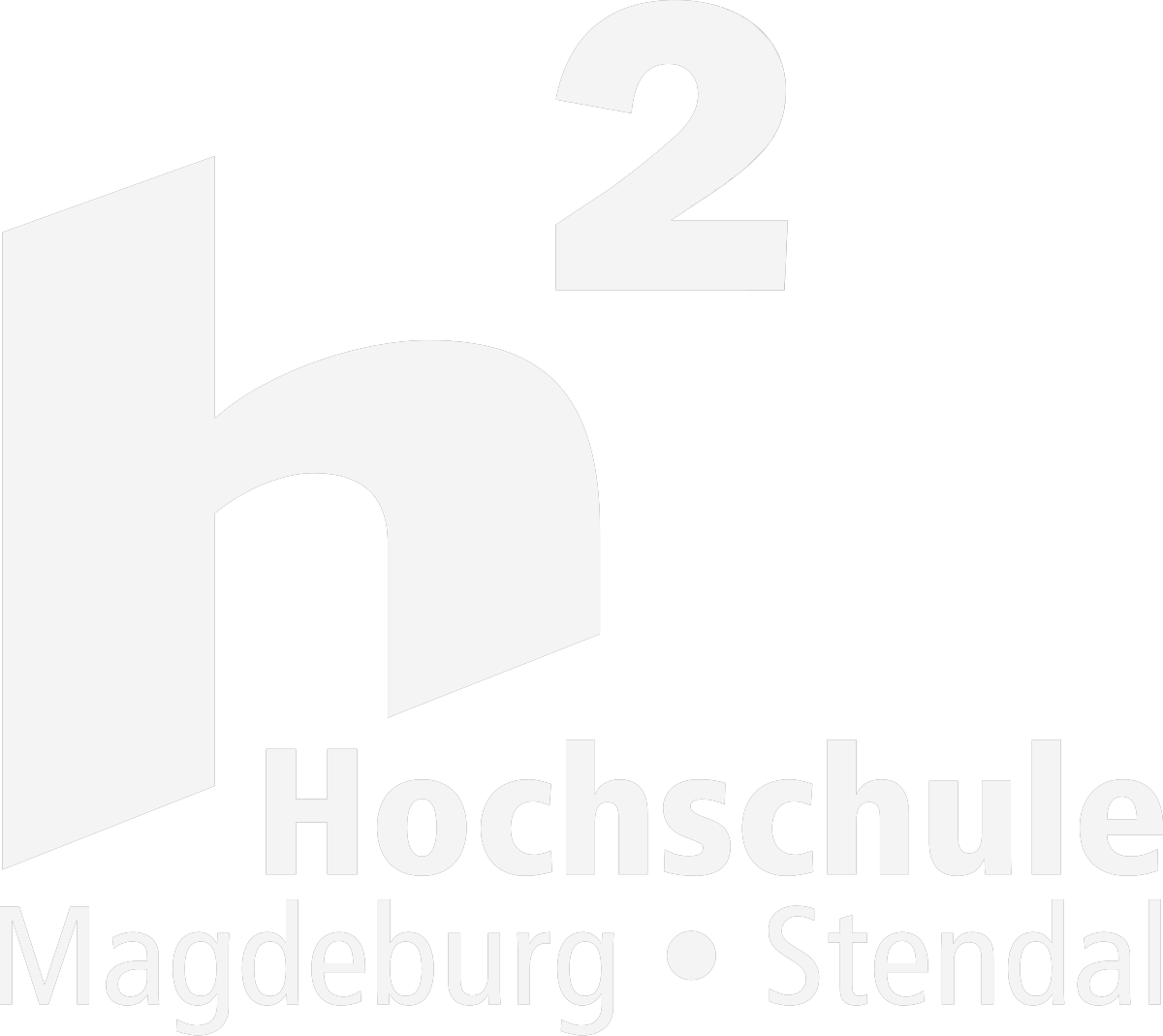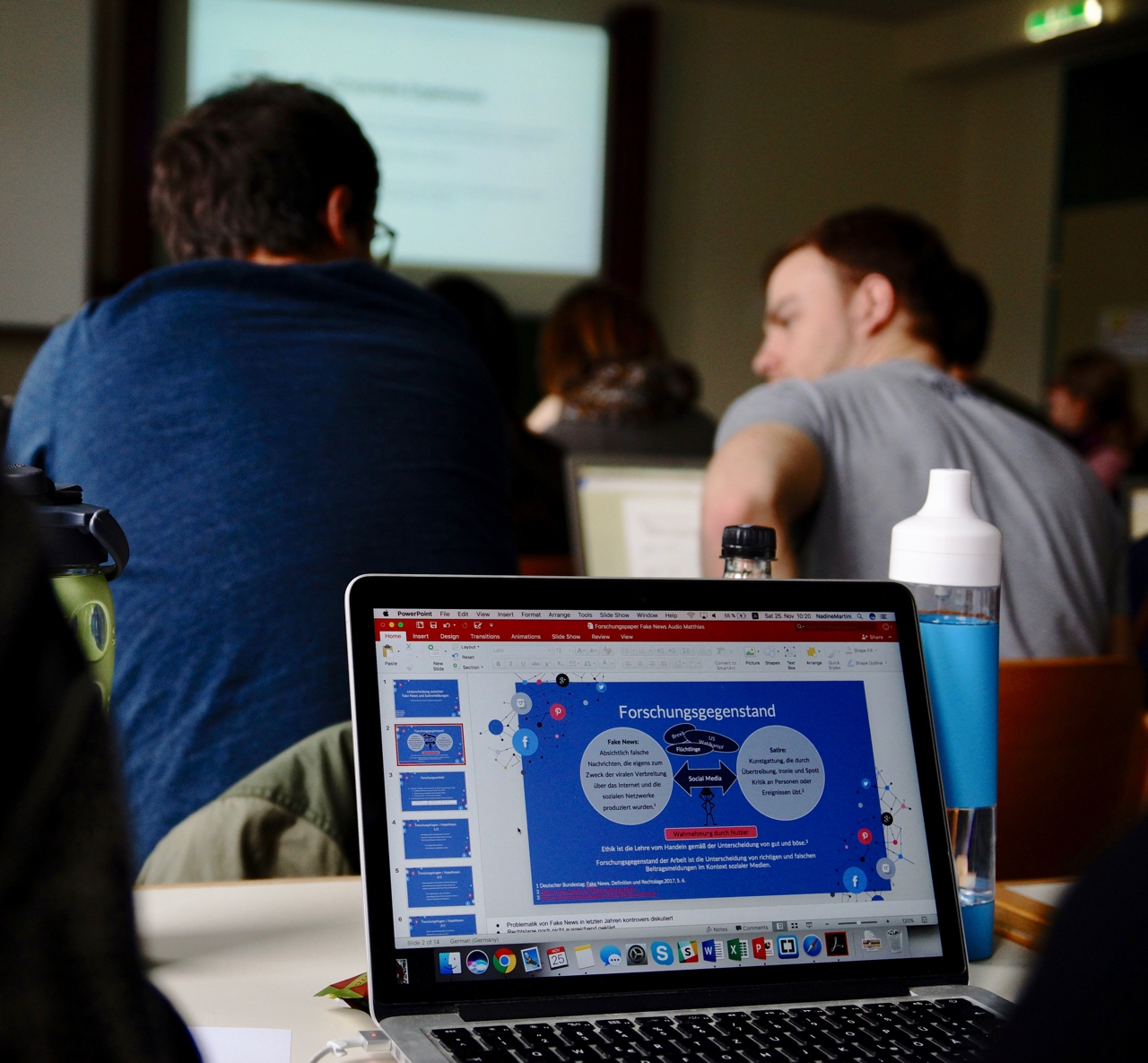Since the summer semester 2010, various courses have been offered in a transnational cooperation:
- of the universities Magdeburg-Stendal,
- of the Johannes Kepler University Linz and the University of Applied Sciences Upper Austria
with collaborative media and accompanied by a study with 930 participants so far. For the students, learning situations were created that come close to the reality of virtual cooperation in globalised companies, promote media competence and nevertheless pursue an academic goal. In the learning settings accompanied by a wide variety of media, the following topics, among others, were discussed
The format of Learning Research and Peer Review has been further developed:
- Franz, L., Herzog, M., Katzlinger, E., & Stabauer, M. (2018). Reflecting Peer Reviews in Inquiry Based Learning Scenarios An Analysis of Peer Feedback Levels and their Implementation. 2018 17th International Conference on Information Technology Based Higher Education and Training (ITHET) (pp. 1-8). IEEE. doi:10.1109/ITHET.2018.8424796
- Herzog, M., Franz, L., Katzlinger, E., & Stabauer, M. (2018). CROSSTEACHING: Interuniversity Research-Based Learning in Virtual Teams. In Dan Remenyi (Eds.), 4th E-Learning Excellence Awards 2018: an anthology of case histories. Reading: Academic Conferences and publishing limited.
- Herzog, M. A., Katzlinger, E., Stabauer, M.(2016). Vom Seminarraum zur wissenschaftlichen Konferenz. Interuniversitäres forschendes Lernen in virtuellen Teams. In Zehnder, R. Proceedings der Pre-Conference-Workshops der 14. E-Learning Fachtagung Informatik, co-located with 14th e-Learning Conference of the German Computer Society (DeLFI 2016), S. 90-101.
- Herzog, M.A., Katzlinger, E, Stabauer, M. (2016) Embedding Interuniversity Peer Review in Virtual Learning Groups. A Research-based Learning Scenario. In Wu TT., Gennari R., Huang YM., Xie H., Cao Y. (Eds.) International Symposium on Emerging Technologies for Education (S. 614-623). Springer, Cham.
Quality development instruments in teaching tested and further developed:
- Herzog, M., Franz, L., Katzlinger, E., & Stabauer, M. (2017). Peer review as a quality management tool embedded in an inquiry-based learning scenario. 2017 16th International Conference on Information Technology Based Higher Education and Training (ITHET) (pp. 1-6). IEEE. doi:10.1109/ITHET.2017.8067820
- Katzlinger, E., Herzog, M. A., & Franz, L. (2018). Digitales Peer Review in der Hochschullehre. Wie eine Evaluationsmethode den Lernprozess direkt unterstützt. In Susan Harris-Huemmert, Philipp Pohlenz, Lukas Mitterauer (Eds.), Digitalisierung der Hochschullehre: Neue Anforderungen an die Evaluation? (57-70) Münster: Waxmann.
Case studies on e-business topics were developed in interregional learning groups, documented in a WIKI and presented at the respective location.
- Katzlinger, E., Herzog, M. (2014). Wiki Based Collaborative Learning in Interuniversity Scenarios. In Ciussi, M. (Eds): The Electronic Journal of e-Learning EJEL, Volume 12 Issue 2, (S. 149-160)
- Katzlinger, E., Herzog, M. (2014). Intercultural collaborative learning scenarios in e-business education. Media competencies for virtual workplaces. In Issa, T., Isaias P., Kommers, P. (Eds.) Multicultural Awareness and Technology in Higher Education: Global Perspectives. (S. 24-46) IGI Global Press.
- PeerReview as a learning tool for five different learning scenarios (process modelling, writing abstracts and texts, case study reports, exercises).
Herzog, M. A., & Katzlinger, E.(2017) The Multiple Faces of Peer Review in Higher Education. Five Learning Scenarios developed for Digital Business. In EURASIA Journal of Mathematics, Science and Technology Education. 13(4) S. 1121-1143.



